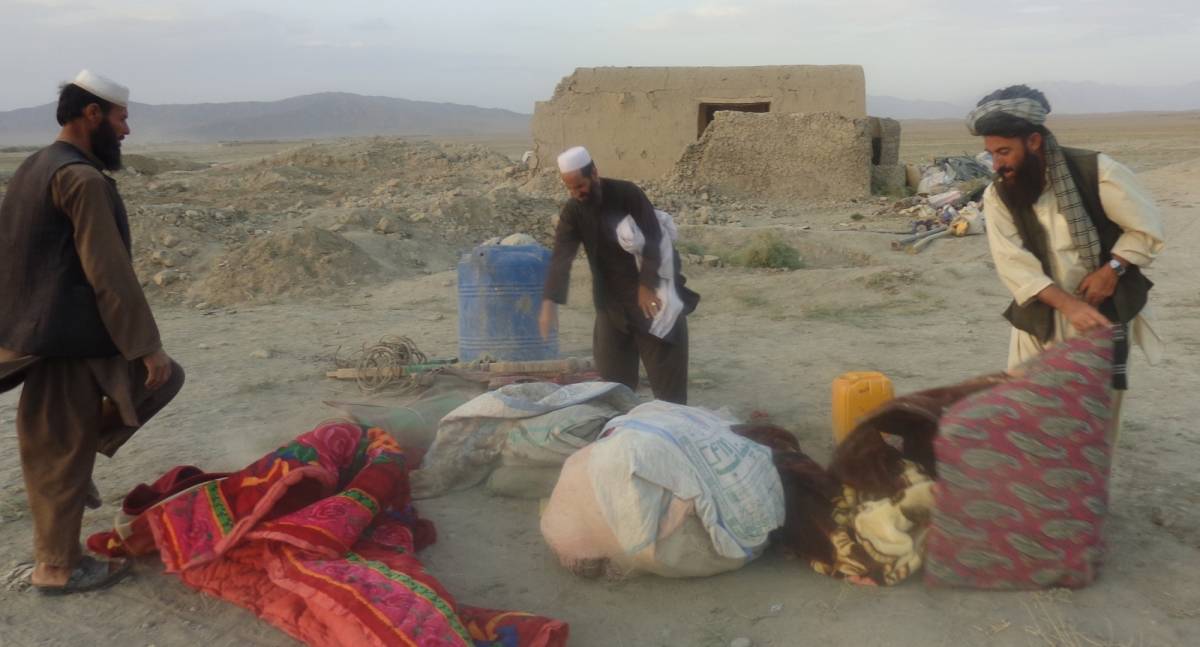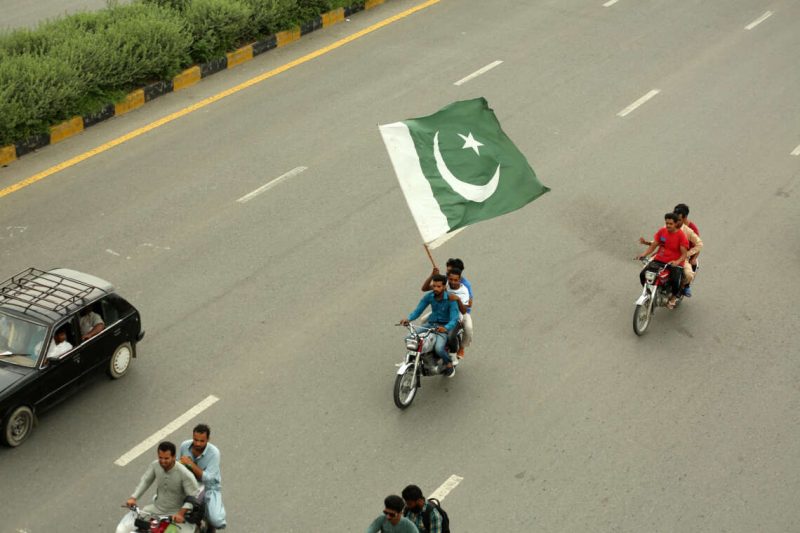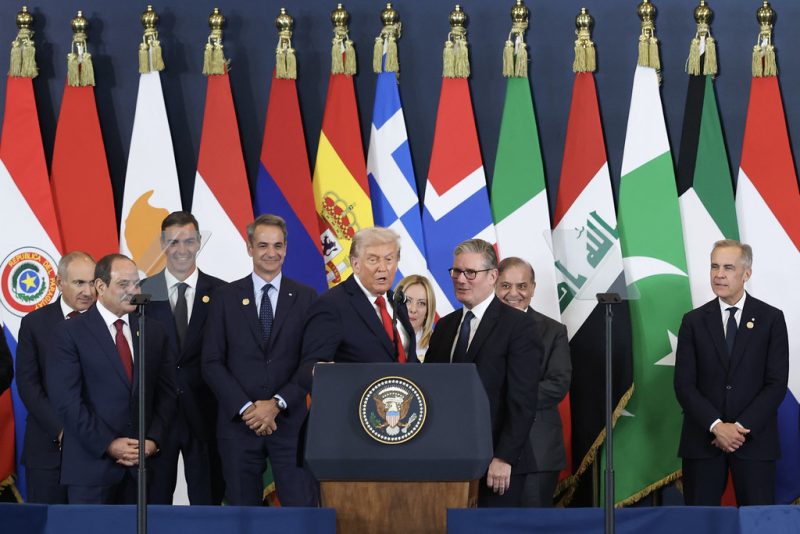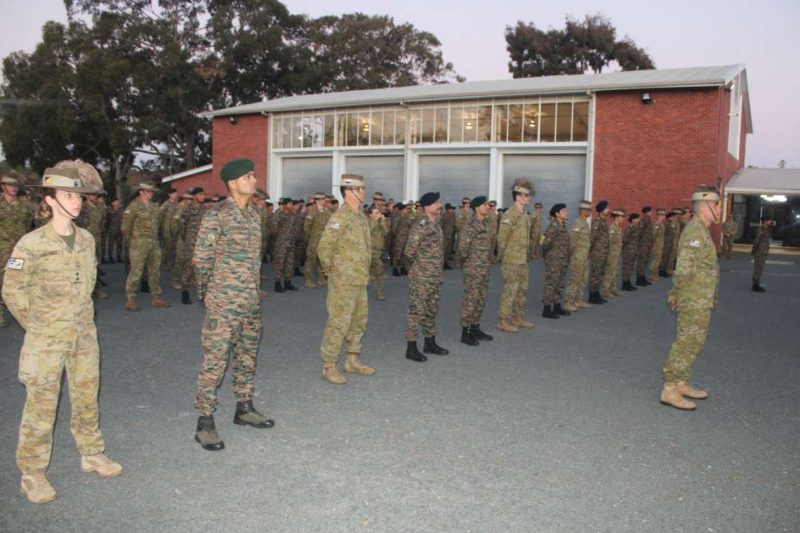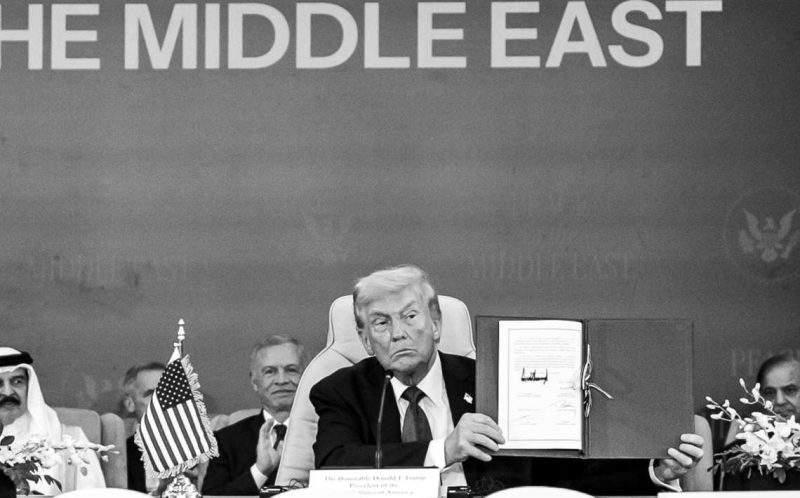Pakistan is getting inspiration from new friend Russia and its pariah President Vladimir Putin. Pakistan Army is exploiting Taliban regime’s military weakness and over-dependence on Pakistan to launch air strikes against civilian targets with impunity. Like Ukraine, the Taliban government neither has the military power nor resources to counter the Pakistan Army. Despite deep suspicion about the Taliban regime, the international community cannot allow Pakistan to target civilian population in Afghanistan … writes Kaliph Anaz
Pakistan has launched an unprovoked airstrike against Afghanistan, killing innocent children and women in different provinces, under the guise of taking out terrorist group, Tehrik-e-Taliban Pakistan (TTP), which has attacked Pak army installations and personnel in the recent months.
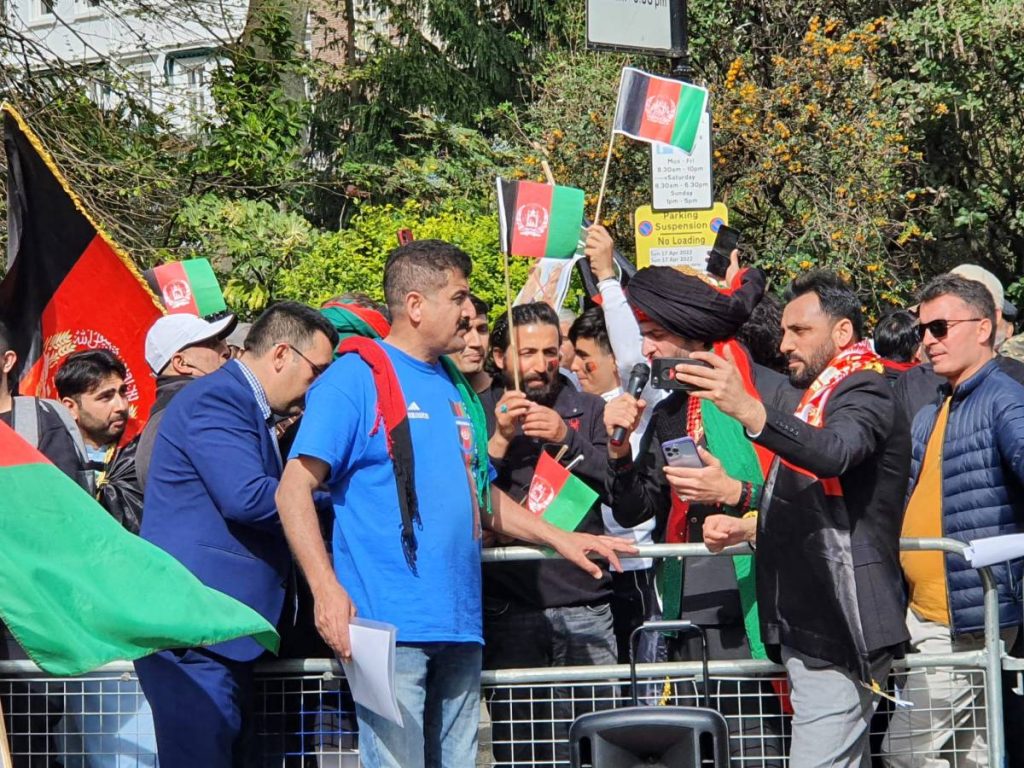
More people have been killed in Pak air strikes in Afghanistan than in Ukraine by Russians in a day. Local news and social media account the figure of civilians killed in the air attacks to be more than a hundred. The Permanent Mission of Afghanistan to the United Nations confirmed that over 40 people, including women and children, were killed in the air strikes.
Although the Taliban regime is yet to respond, anger is rising in the streets of various provinces. A large number of Nangarhar residents came out to in Ghanikhil district to protest the Pakistani air strikes. On Saturday evening, a big public rally was held by the residents of Khost where they chanted anti-Pakistan slogans. The angry residents also gathered on Sunday to protest attacks by the Pakistani military in Khost and Kunar provinces.
Journalists, analysts and political leaders from Afghanistan accuse Pakistan of direct interference and violation of Afghan sovereignty.
Although Pakistan seems to be justifying the unilateral attacks as non-military counter attack against terrorist groups, the increasing toll of innocent children and women in the last few days in the attacks tell a different story.
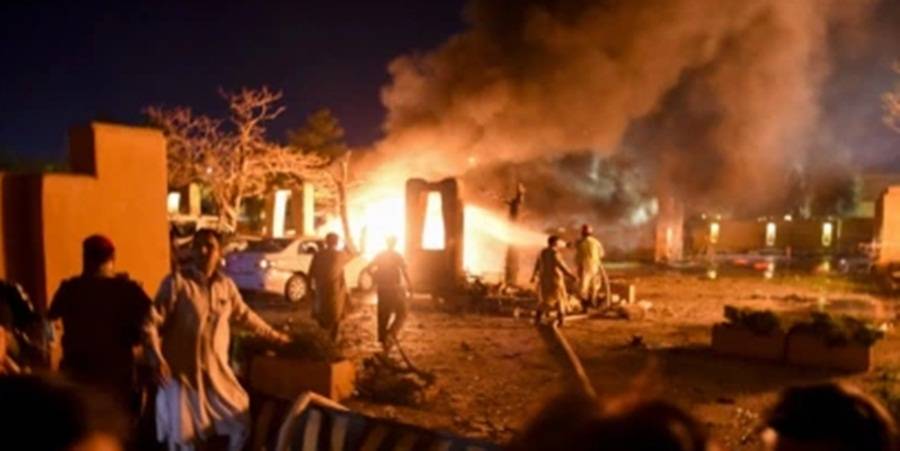
The immediate provocation for air strikes could be the April 14 attack on Pak soldiers by the TTP but the real objective seems to be compelling the Taliban regime to accept Pakistan’s supremacy. Although Pakistan has been a key instrument in helping Taliban to capture Kabul last year, the new regime has since refused to play to Pakistani tunes on various matters. An important Pakistani demand was to take action against TTP leadership and bases in Afghanistan. The Taliban regime had promised to act against the terrorist group initially but since then it had been dragging its feet on action on the ground.
Another equally compelling reason is General Qamar Bajwa’s desperate need to assert his, as well as the army’s, authority which has attracted widespread public criticism over the Imran Khan episode. The army’s convenient `active` and `neutral` role in the entire episode is the butt of public scorn, mostly raging on social media. With the military leadership reportedly divided over the ouster of Imran Khan, it had become critical for Bajwa to reaffirm his power as the Chief of Army Staff. His strong statements on the Russian-Ukraine war and public criticism of the army in the past few days are a testimony to his desperate reassertion of authority. The killing of seven soldiers in an attack by the TTP on April 14 was, therefore, responded with unprecedented ferocity against a `friendly` Taliban regime-controlled Afghanistan.
Bajwa also used the opportunity to spite Imran Khan who had been sympathetic towards the Taliban regime; he had called the Taliban’s capture of Kabul as `win for Pakistan`. He even dispatched the then ISI chief, Lieutenant General Faiz Hameed, to declare victory in Kabul. In fact, Khan-Hameed ties had angered Bajwa to the extent that the ISI chief was sent packing as the Peshawar Corps Commander barely a month after the Taliban victory.
These reasons may be valid for the Pakistan Army, but the killing of innocent women and children are a clear violation of international conventions and sovereignty of a friendly neighbouring country. Bajwa has exploited the Taliban regime’s military weakness and over-dependence on Pakistan to launch air strikes against civilian targets with impunity. The Taliban government neither has the military power nor resources to counter the Pakistan Army.
Despite deep suspicion about the Taliban regime, the international community cannot allow Pakistan to target civilian population in Afghanistan. A long drawn-out conflict in poverty-stricken country would only bring misery to the hapless people whose tragic lives find little space in the global media.




